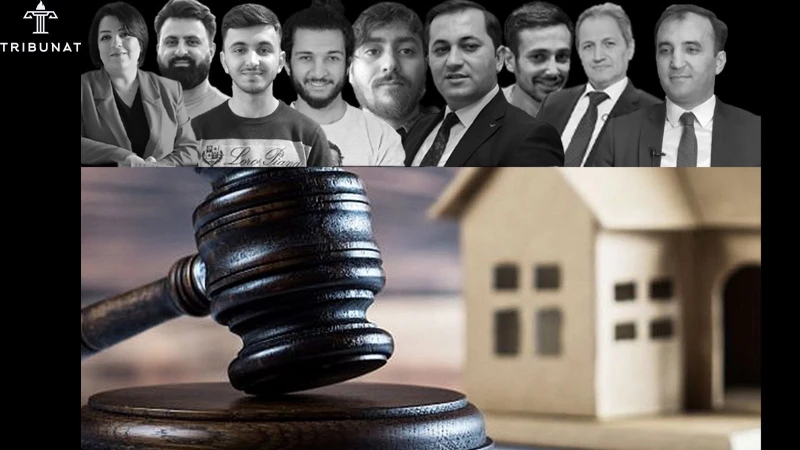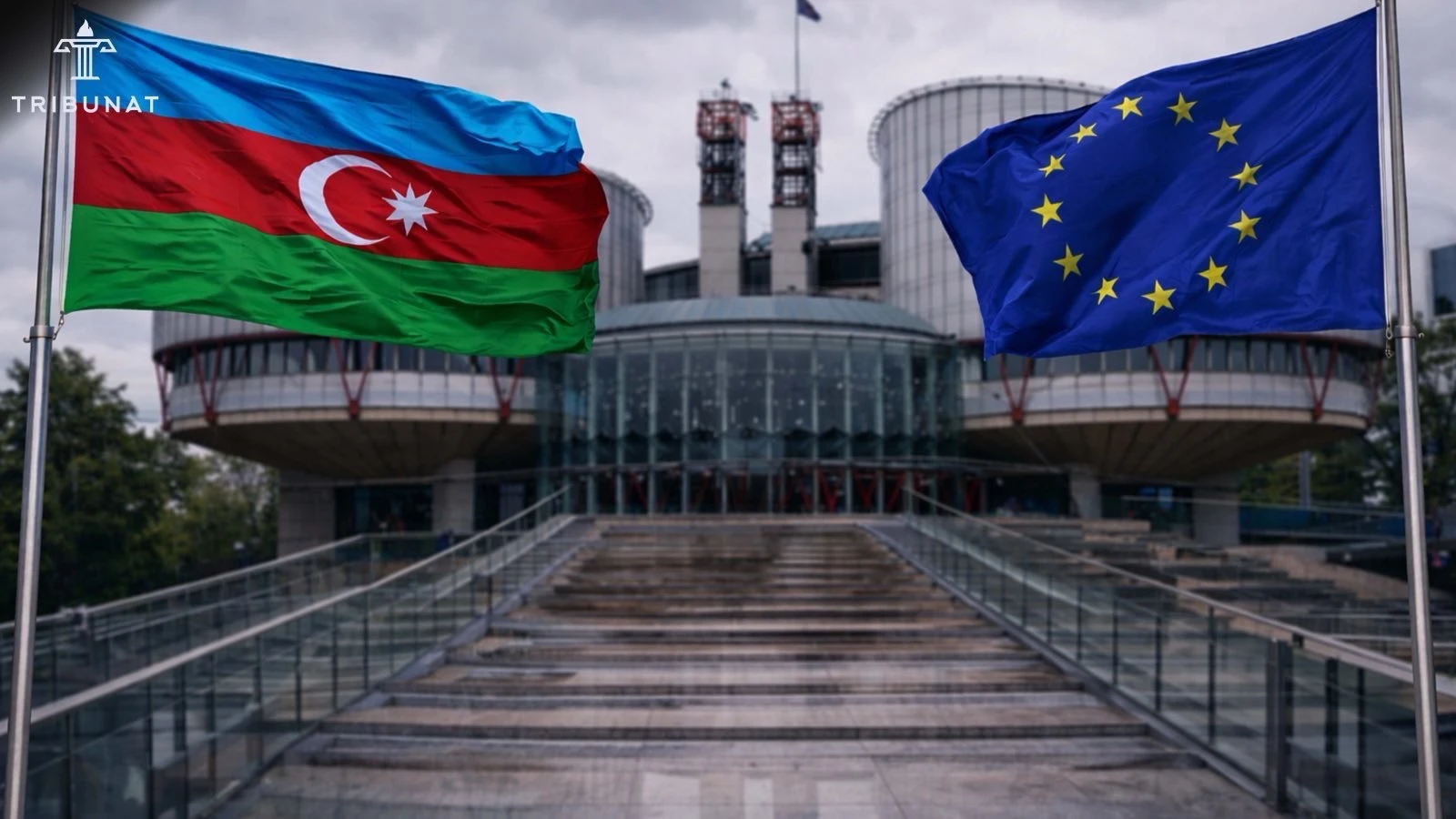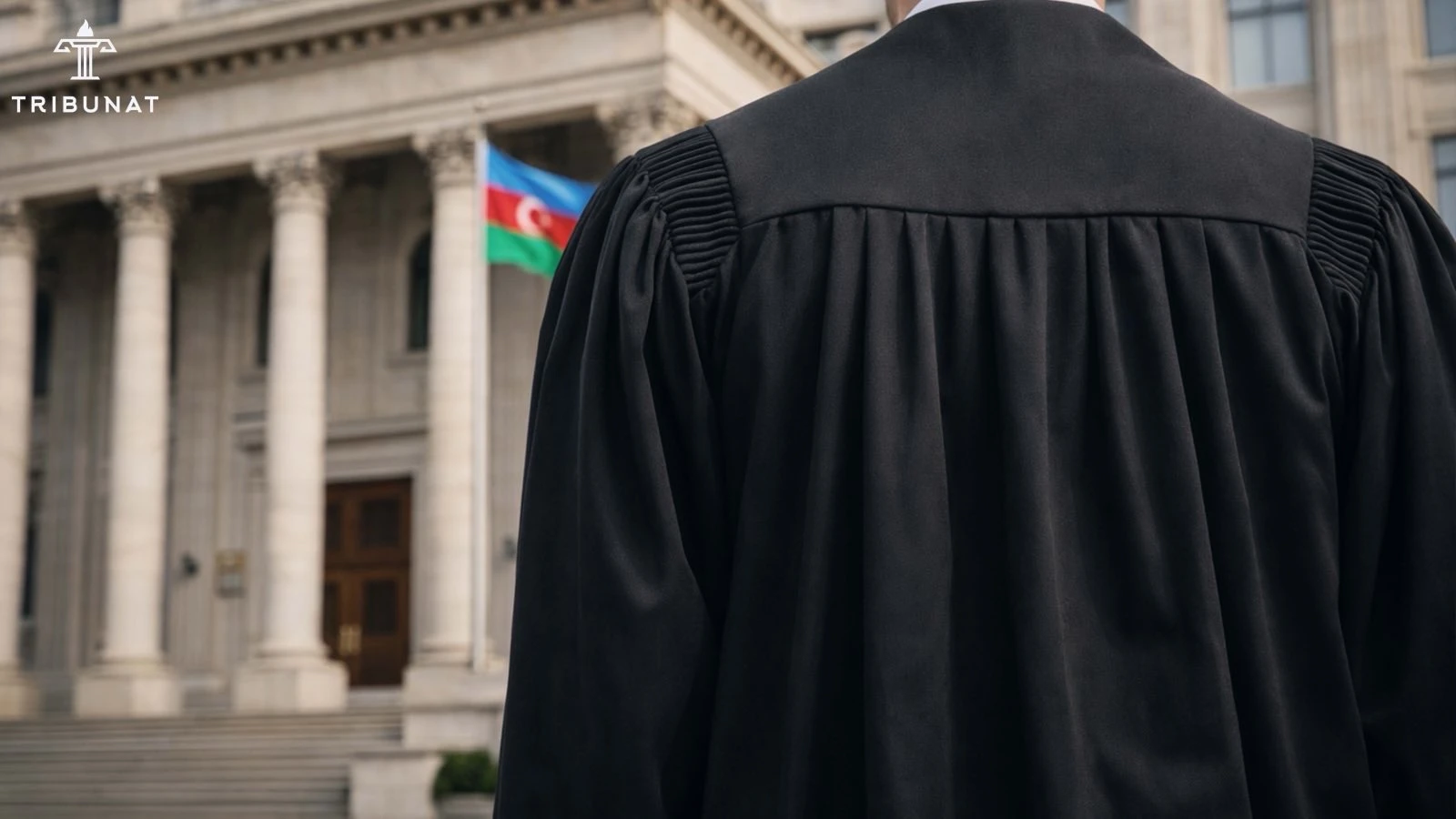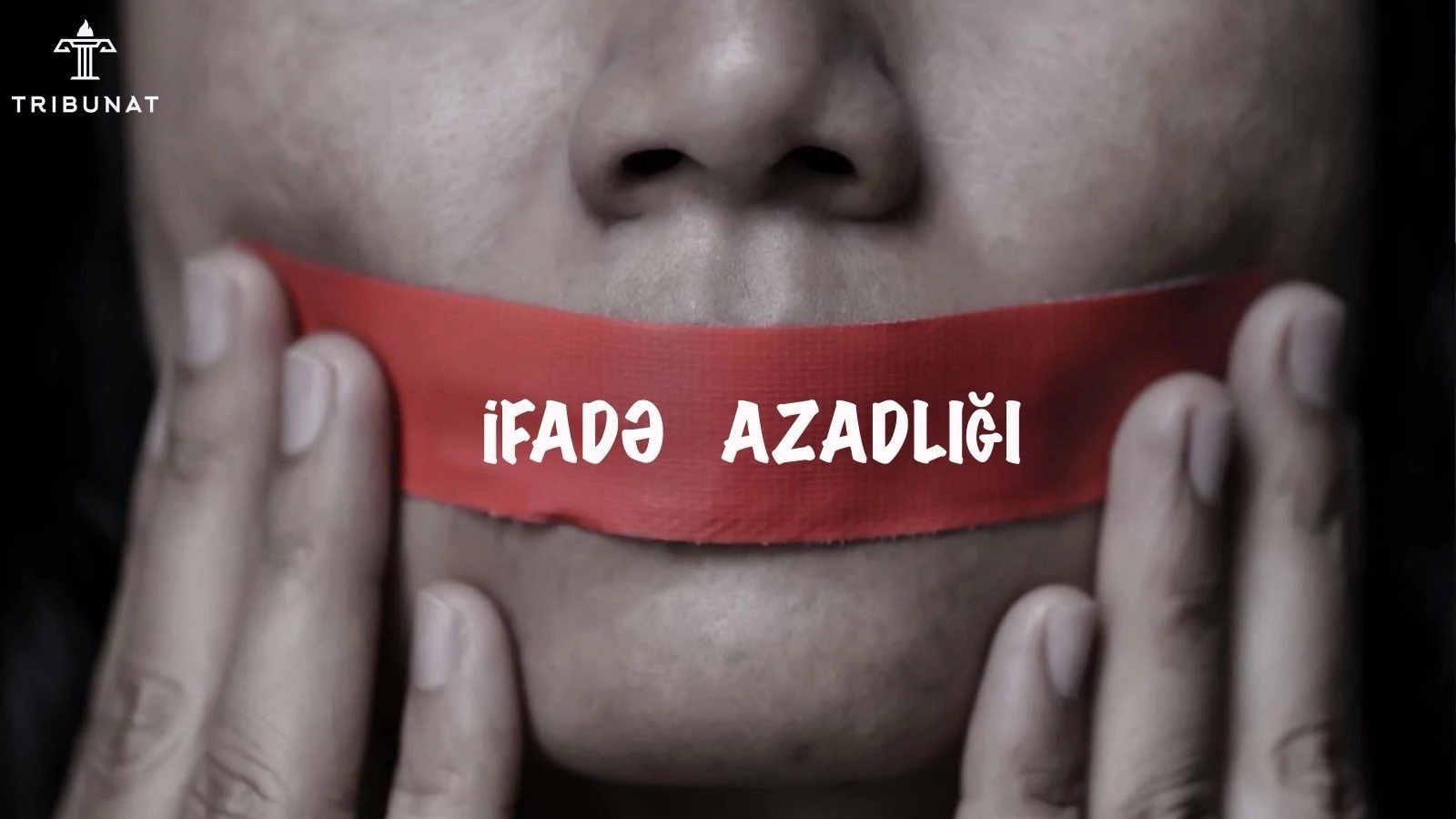A vehicle and an apartment constructed before the period covered by the charges were seized by Akif Gurbanov, the speaker of ResPlatforma, who is in custody in relation to the “Toplum TV” case. The personal vehicles of Ruslan Izzetli, a founding member of the platform, Alasgar Mammadli, a co-founder of Toplum TV, and Ali Zeynal, an employee of the Institute for Democratic Initiatives, who are also accused in the same criminal case, were also seized.
"Tribunat" investigated the legality of the seizure of the properties of the defendants in the “Toplum TV” case.
The Constitution of the Republic of Azerbaijan and Protocol No. 1 to the European Convention on Human Rights protects the right of an individual to property from unlawful interference and guarantees the peaceful enjoyment of property. The seizure of property without adequate evidence constitutes an interference with the right to property of an individual. According to Article 1 of Protocol No. 1, interference with the right to inviolability of property is permissible in the following situations:
a) The interference must be prescribed by law;
b) The interference must be in the public interest;
c) The interference must be necessary in a democratic society.
If one of these requirements is not met, the interference will be considered a violation.
The European Court of Human Rights (hereinafter referred to as the ECtHR or the European Court) has, in several judgments against Azerbaijan, found that the seizure of property was not justified by law and therefore constituted a violation of the right to property. The Court stated in the Democracy and Human Rights Resource Center v. Azerbaijan case that any interference by a state authority with the peaceful enjoyment of property must be lawful. This concept requires, first of all, that the measures applied have a basis in domestic law. The law in question must also be accessible, precise and foreseeable to the persons concerned (see, paragraph 67 of the judgment).
In accordance to the Code of Criminal Procedure of the Republic of Azerbaijan, property may be seized only by court order in the event of a civil claim being filed in a criminal case or in order to secure special confiscation (Article 177.3.3). Special confiscation is the transfer of property to the state without compensation by a final court decision (Article 99-1).
The grounds for seizure of property are as follows:
The propert
- is used as an instrument or means during the commission of a crime;
- is the subject of a crime;
- is acquired or multiplied at the expense of property obtained illegaly.
An instrument is an object used directly to commit a crime, while an accessory is an item that facilitates or enables the commission of a crime. For instance, a gun or knife used to commit a crime may be confiscated as an instrument, while a car or telephone that enables the commission of a crime may be confiscated as an accessory.
Nonetheless, none of the crimes – smuggling, tax evasion, and legalization of criminally acquired property and other for which the media employees are indicted, were allegedly committed using the seized vehicles or properties.
Criminally acquired property is a belonging that was acquired or obtained as a result of commission of a crime. When the belongings of media employees were seized, the investigative body considered them to be property obtained through a crime. However, they were accused of committing the crime of smuggling by a group of people who had previously conspired during the seizure of the property. In January of the current year, additional charges were brought against, including legalization of a large amount of property obtained through crime, tax evasion, involvement of employees in performing any work before the employment contract entered into legal force and the others.
Additionally, “Tribunat” extensively analyzed the prosecution's invalid outlook regarding the consideration of grant funds as property obtained through criminal means in a previous article, and there, legal grounds for the fact that grant funds cannot be considered property obtained through criminal means was indicated.
As for whose property can be seized, the law determines that, regardless of what and whose the property is, seizure could be implemented in respect of the accused and those who can be held financially liable for the accused person's criminal act.
Arrested in the “Toplum TV” case are indicted and the requirement of the law in this sense is met. Although the procedural legislation does not specify who is meant by the term “persons who may be held liable for property”, the European Court reflected this issue in its decision on Rafig Aliyev v. Azerbaijan. The Court referred to excerpts from the Commentary on the Code of Criminal Procedure. Accordingly, the following may be considered persons who may be held liable for property: the employer of the accused person; financial institutions of relevant bodies for the actions of officials; legal representatives of minors aged fourteen to eighteen, as well as persons deemed incapable.
As observed, individuals in this category must be the ones who bear certain responsibility for the accused’s actions.
In the “Toplum TV” case, the seizure of a vehicle of Akif Gurbanov’s father and an apartment jointly owned by him and his wife contradicts the aforementioned provision of the legislation. The law provides for the seizure of property jointly owned by a spouse or property jointly owned by the accused with other persons only in relation to the accused’s stake. Even if assumed that the court’s seizure decision is justified in relation to the property belonging to A. Gurbanov, it cannot be considered lawful since it unreasonably infringes upon the property rights of his father and wife.
Conversely, the decision in Rafig Aliyev v. Azerbaijan stated that a person’s property may be seized only if he or she has been charged with commission of a criminal act requiring the specific confiscation of property. In the “Toplum TV” case, upon the decision to seize the property of the media employees, they were only accused of smuggling money into the country, allegedly found in their apartments and office spaces. Additional charges were filed at the end of the investigation, that is, in January 2025. Consequently, the seizure of the property of the media employees is unlawful, since the accusation of smuggling did not provide grounds for the application of such a measure.
The content of the seizure of property is expressed in the restriction of the right to dispose of the belonging. On the condition that, in case of necessity, the property may lose its useful characteristics, the right to use the property may also be restricted. The seizure of property can be applied only if it is impossible to achieve the purpose of the seizure, namely, to protect and preserve the seized property, by restricting the rights to use and possess the property. Therefore, upon deprivation of media representatives of their property, the investigative bodies and the court should justify why the seizure of those cars not only restricts the right to dispose of them, but also deprives the family members of the accused of the right to use the vehicle.
As the court reinstated in the case of Rafig Aliyev v. Azerbaijan, there is no basis in domestic law for the seizure of the property of the family members of the defendants in the “Toplum TV” case, as well as for the seizure of their own property. In this case, the interference with the right to property does not meet the requirement of legal justification established by the ECHR, and is therefore considered a violation of the right to property without examination of the requirements of whether the interference is in the public interest or necessary in a democratic society.
In light of the abovementioned, “Tribunat” can conclude that the seizure of the property of media representatives arrested in the “Toplum TV” case and their family members is unfounded in domestic law. Seizure of property without legal basis or adequate evidence constitutes an illegal interference with the property rights of these individuals and is contrary to the Constitution of Azerbaijan and the obligations under international treaties.






